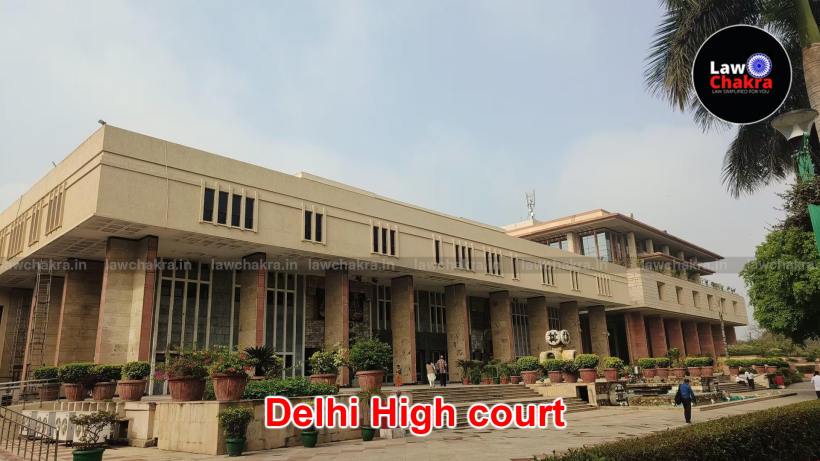SC Seeks Uttarakhand’s Response On Contempt Plea Despite Waqf Amendment Stay

Today, On 13th May, The Supreme Court has sought a reply from the Uttarakhand government regarding a contempt plea, alleging that the Dehradun administration demolished a dargah registered as waqf property despite the Waqf Amendment stay.

New Delhi: The Supreme Court requested a response from the Uttarakhand government regarding a contempt plea that claims a waqf property was demolished despite the Central government’s assurance of a stay on the Waqf (Amendment) Act, 2025.
A Bench comprising Justices BR Gavai and Augustine George Masih issued the notices after a contempt application was filed in an ongoing case concerning the recent amendments to the Waqf Act.
Also Read: Uttarakhand Waqf Board Moves Supreme Court to Support Waqf (Amendment) Act, 2025
The Central government had assured the Court that it would not de-notify any existing waqf or establish waqf boards.
The contempt application, submitted by Advocate Fuzail Ahmed Ayyubi, claims that the Hazrat Kamal Shah Dargah was demolished by the Dehradun administration late on April 25 without any notice or proceedings.
The plea stated,
“It is submitted that the Dargah Hazrat Kamal Shah was registered as Waqf Property bearing number 55, Dehradun with the Sunni Central Board of Waqfs, Lucknow, Uttar Pradesh in the year 1982 and then was also notified as Waqf in the Gazette dated 29.03.1986, and it is further also mapped in the Waqf Asset Management System of India (WAMSI) vide ID No. UKDD0055 [Waqf Dargah Hazrat Kamal Shah],”
Also Read: LEGAL EXPLAINER| Waqf & The Waqf Amendment Bill 2024: Key Legal Changes & Impact
The application argues that this demolition contradicts the Central government’s assurance to the Court.
“It is submitted that the offending action is undertaken on a drive conducted by Respondent No. 3 [City Magistrate Dehradun] and was in a joint operation by Respondent No. 2 [District Magistrate] and 4 [Municipal Commissioner]. Moreover, as the action is purportedly based upon a frivolous complaint made on the Chief Minister’s Portal, Respondent No. 1 is also impleaded.”
The Waqf Amendment Bill was passed after a 12-hour-long debate, securing 288 votes in favor and 232 against.
On August 8, 2024, two significant legislative proposals, namely the Waqf (Amendment) Bill, 2024, and the Mussalman Wakf (Repeal) Bill, 2024, were introduced in the Lok Sabha. These bills aim to enhance the efficiency of Waqf Board operations and ensure better management of Waqf properties across India.
President Droupadi Murmu granted her assent to the Waqf (Amendment) Bill, 2025, which was previously passed by Parliament amid intense debates in both Houses. Multiple petitions have already been filed in the apex court contesting the bill’s validity.
This amendment introduces significant reforms to the management and administration of waqf properties in India.
The Waqf Act, originally enacted in 1995, governs the administration of Muslim charitable endowments (Waqf properties) in India.





